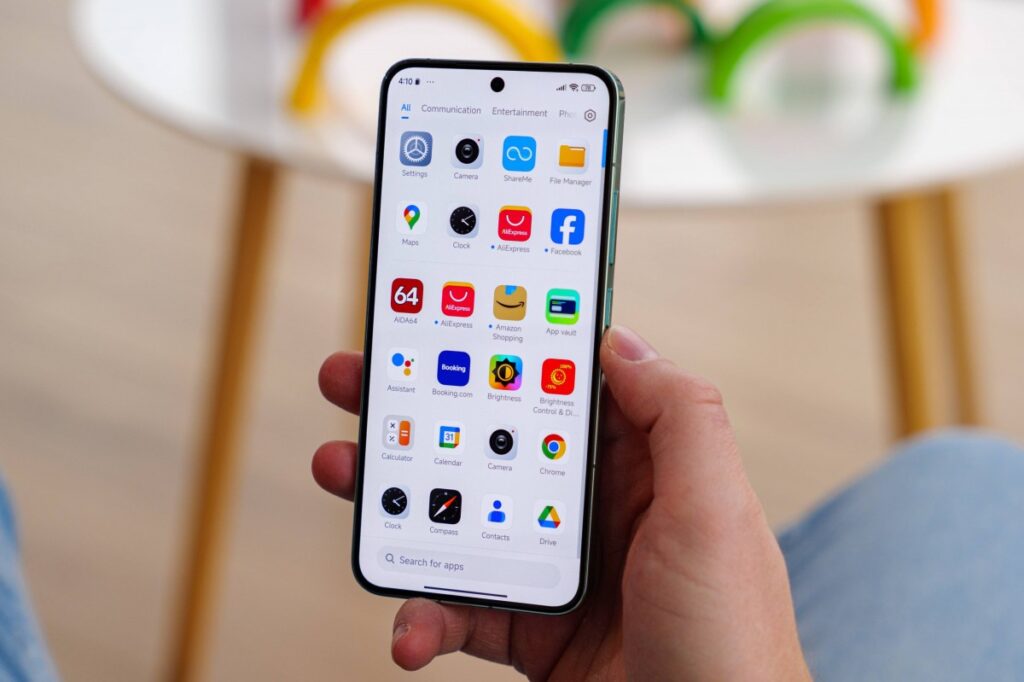The fintech sector in Nigeria and across Africa is set for substantial growth due to affordable mobile connectivity, an influx of funding, increasing smartphone ownership, and supportive regulatory measures, according to the GSMA. In its 2023 report, The Mobile Economy Sub-Saharan Africa, GSMA predicted that the region’s fintech market is expected to grow by approximately 10% annually until 2025, fueled by a shift toward digital lifestyles and supportive regulations.
GSMA highlighted that growth rates vary across African nations, with Kenya and South Africa leading as mature markets, while countries like Nigeria and Ghana have high growth potential. Regional initiatives, such as the Pan-African Payment and Settlement System, also play a crucial role in supporting instant cross-border payments in local currencies. Local programs in Nigeria, Ghana, and Uganda are further driving fintech innovation, aiming to increase financial inclusion and encourage digital transactions.
Payments and digital wallets are expected to be the fastest-growing fintech products, with major mobile operators like MTN and Airtel Africa increasingly venturing into mobile financial services. GSMA noted how regulatory improvements have fostered innovation, presenting opportunities for mobile operators to diversify their offerings. By leveraging their extensive infrastructure and customer data, these operators can add new value to mobile financial services, a crucial element in the growing fintech landscape.
However, challenges remain, especially with mobile connectivity gaps. In Nigeria and other Sub-Saharan countries, approximately 15% of the population, primarily in rural and remote areas, lacks mobile broadband coverage, cutting off millions from accessing fintech services. According to Mats Granryd, Director General of GSMA, initiatives like MWC Kigali provide a platform for connectivity leaders to address the digital divide.
The Nigerian Communications Commission (NCC) reports that 27 million Nigerians remain without telecom services. Former NCC Chief, Prof. Umar Danbatta, noted that access gap clusters have been reduced from 207 in 2013 to 97 by 2022, lowering the number of unserved Nigerians from 37 million to 27 million.














